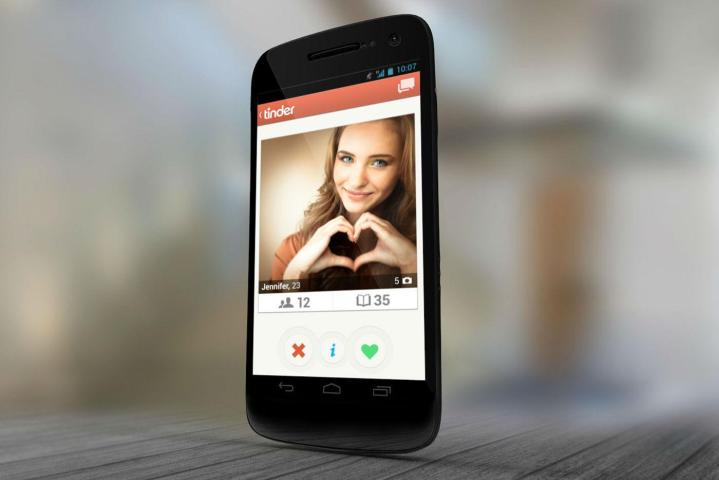
Makers of the Humin smart contact app, and hyper-localized networking app Knock Knock, the Humin team will continue operating from its base in San Francisco as part of the deal. Meanwhile, the startup’s founders Ankur Jain and David Wyler will join Tinder’s recently restructured leadership team as VP of product and VP of partnerships, respectively. The financial terms of the deal have not been disclosed, reports Forbes.
Rad has stated that the Humin acquisition will be relevant to the app’s future updates. Despite keeping those upcoming features a secret, a cursory glance at Humin’s products reveals what could be in the pipeline for Tinder this year.
Knock Knock, for example, is an app for iOS and Android that boasts location-based features, including a Bluetooth-enabled pairing function that lets you exchange contact information with nearby users by simply tapping your phone. The app has thus far been marketed toward the college crowd and Millennials, with campus-based events including a ‘Netflix and Chill’ meetup that caught the attention of thousands last year.
The Humin contacts app, on the other hand, offers more organizational features, allowing you to pull contacts from your various networks (social and beyond) and store them in one convenient place.
As a result of the acquisition, Tinder could be about to get hyper-localized features that allow you to discover people in your immediate vicinity (including bars and campuses) and easily share selected contact info, if you so wish.
Following the announcement of the acquisition, Humin’s apps have been pulled from the Apple App Store and Google Play Store. The company has added that both Humin and Knock Knock will continue to work for their current users.
“Our friends at Tinder share our underlying vision and have already revolutionized the world of dating,” reads a statement on Humin’s website. “Now, as a part of Tinder, we believe that together we can make it easier than ever to meet amazing new people and connect with your friends — at a scale we could never reach alone.”

